Check out the full Itch.io page for the game here
Background
Songs of Sugar was the project that I worked on whilst studying abroad at Abertay University in Dundee, Scotland. The game was made in part with the Living Histories of Sugar project that aims to recast the way we think about, understand and live with the transnational and unfinished nature of the sugar industry in the Caribbean and Scotland. The game was developed for mobile devices and includes AR gameplay mechanics.
The game was developed over 14 weeks by a team of six developers. Throughout development we also received feedback from our academic tutor and our industry mentors from Outplay Entertainment.
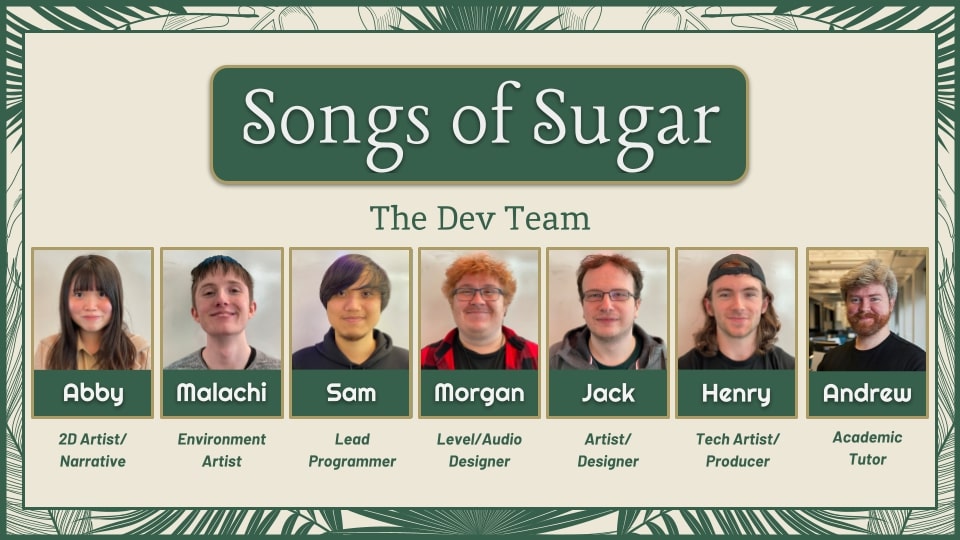
Game Description
Experience Songs of Sugar, a light-hearted adventure through the island of Symphony. Explore and learn about the past lives of a broken-up calypso band. Bring harmony back to the island in time for the festival by getting the band back together through experiencing the island in AR and collecting the lost instruments of the band members.
Personal Contributions
My primary roles on this project were Technical Artist and Producer. Since the team was so small, I also took on multiple smaller roles in other disciplines like design and narrative.
For a more detailed breakdown of the Tech Art contributions, check out this blog post here:
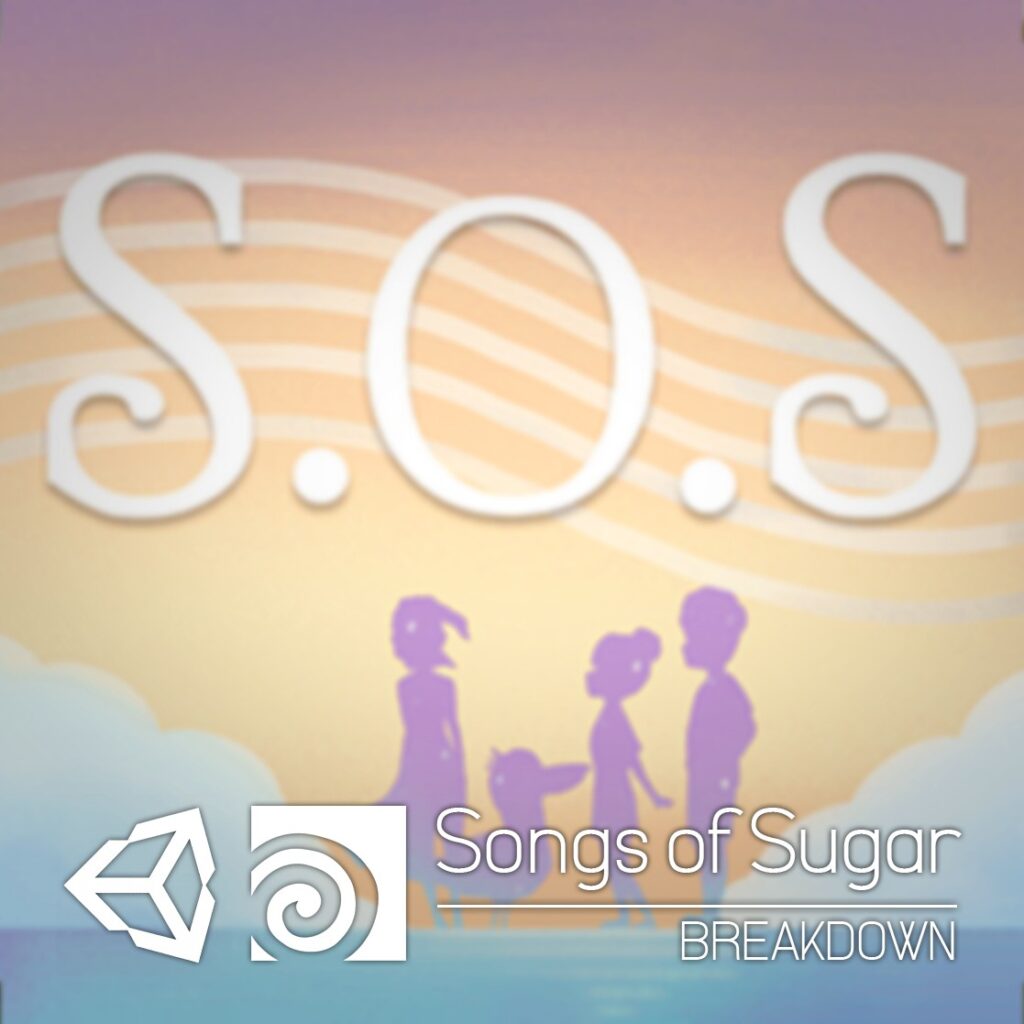
Tech Art responsibilities included:
1. ) Creation of the Wave Shader
2. ) Procedurally created houses and materials
3. ) Grass and Tree Foliage
4. ) Fog VFX
Producer responsibilities included:
1. ) Creation and management of the game’s Visual Style Guide
2. ) Creation and assigning of tasks via Codecks
3. ) Creation and management of the game’s Art Asset List
4. ) Management and Tech Support for the game’s Github Repository
Takeaways
If you had asked me to list out three specifications that I would be worried about developing a game around the list would go as follows: Involves AR, Developed for Mobile, Ethically Complex History/Topic. It just so happened that the brief our team was assigned contained all three. To say our team was concerned might be a bit of an understatement.
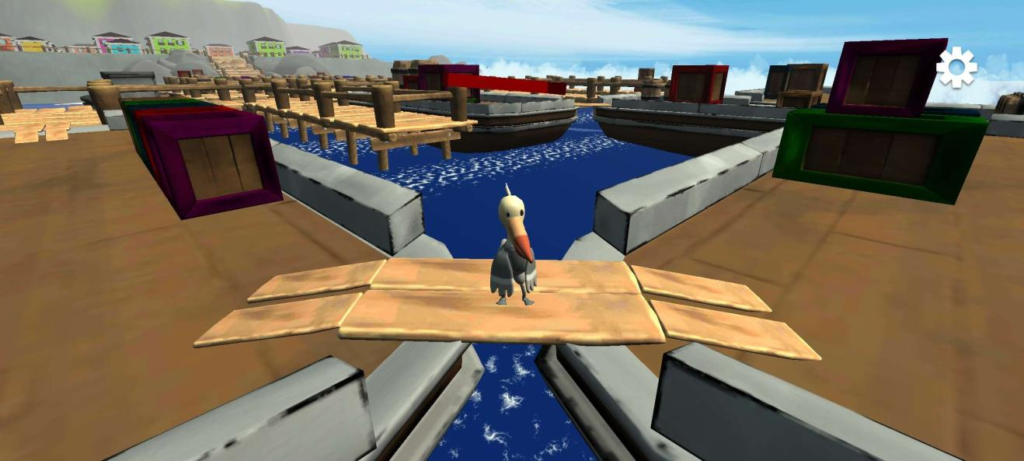
Augmented Reality has always been a complicated mechanic to develop. Many uses of AR in today’s mobile games feel ‘gimmicky’ and ‘tacked on’, which is something that we wanted to avoid entirely. Much of the time spent early in development was primarily discussions focused on this topic. We settled on an approach that used AR in an engaging way that players would enjoy using. A lot of these solutions came through playtesting. We asked players what they enjoyed, what they didn’t, and whether or not the mechanic utilized AR in an engaging way. It was an excellent exercise in using user feedback to our advantage and exposed us to new ideas and methods of understanding. The implementation of this mechanic is perhaps what I am most proud of in regards to this game.
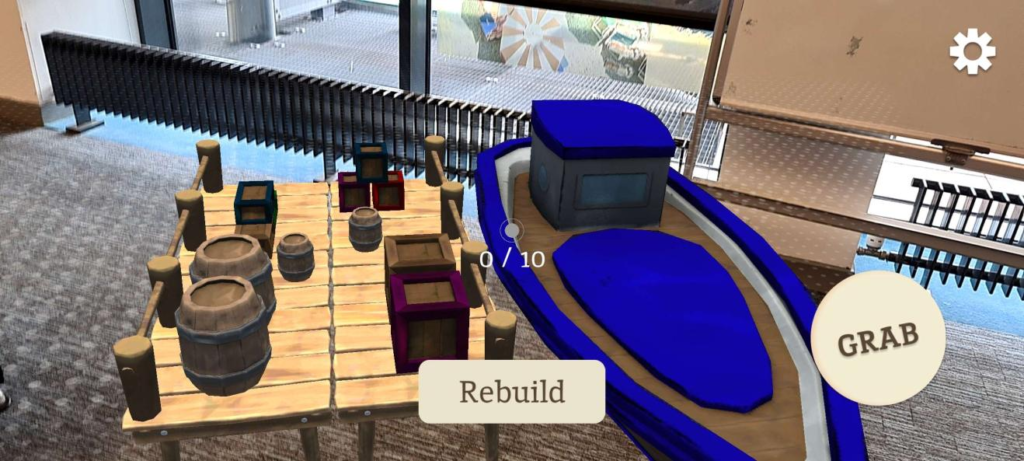
Given the time constraints, the handicap of losing two developers before production, and the complexity of the task, I would say that I am content with what we were able to deliver. There are still bugs and errors appearing throughout the gameplay video that drive me insane. But deadlines are deadlines, and eventually you have to let go of these concerns. What I can be proud of is how we handled the challenges that we were presented with and how we navigated through problems that arose throughout the development process. The three concerns that I listed earlier were tackled successfully in the submitted product, and for that I am satisfied.
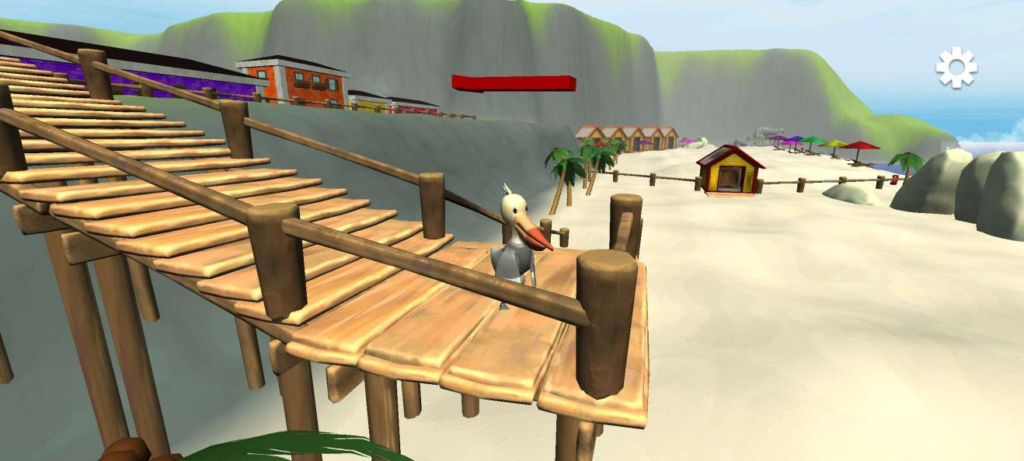
As an exchange student, what was important to me was that I was exposed to and was able to provide others with new methods of thought. There are lessons learned on this project that I will be able to apply in future projects at my home school. It is my hope that my teammates will be able to use some of the ideas that I introduced to them for any future projects that they may work on. This project and experience has made me a better game developer and I am excited to see how the lessons learned during development will aid me in any future endeavors.